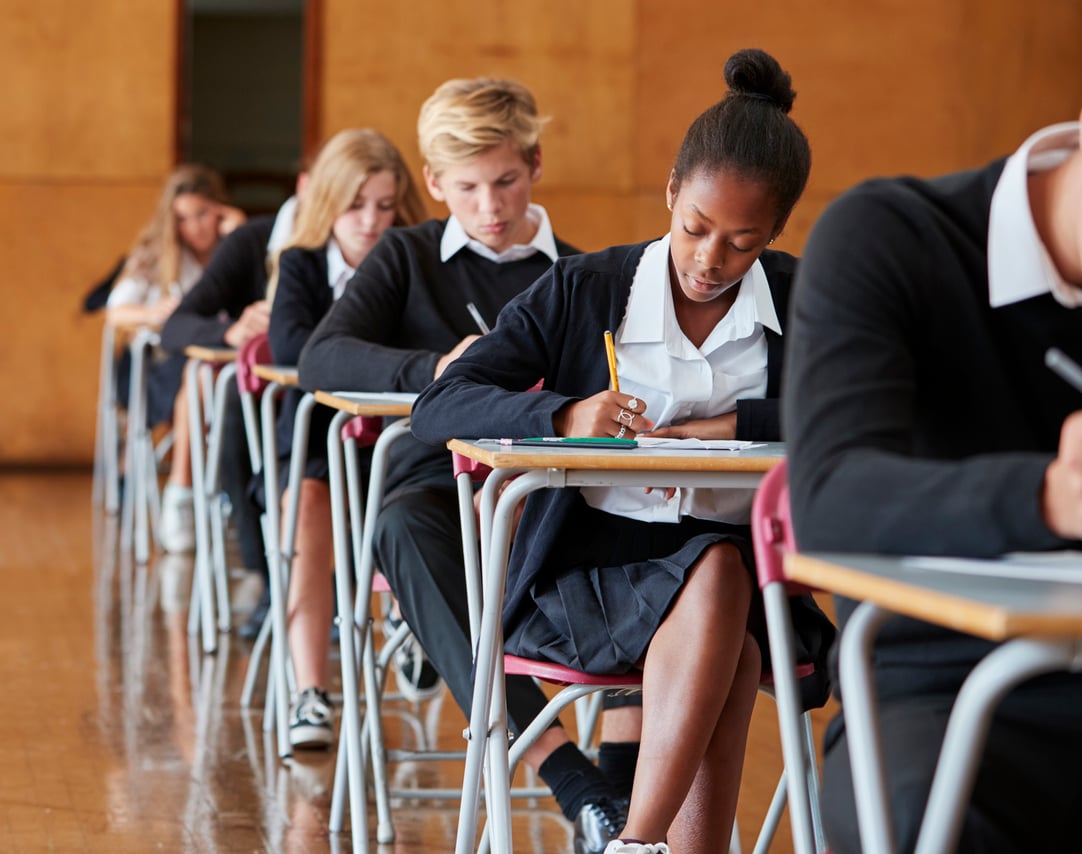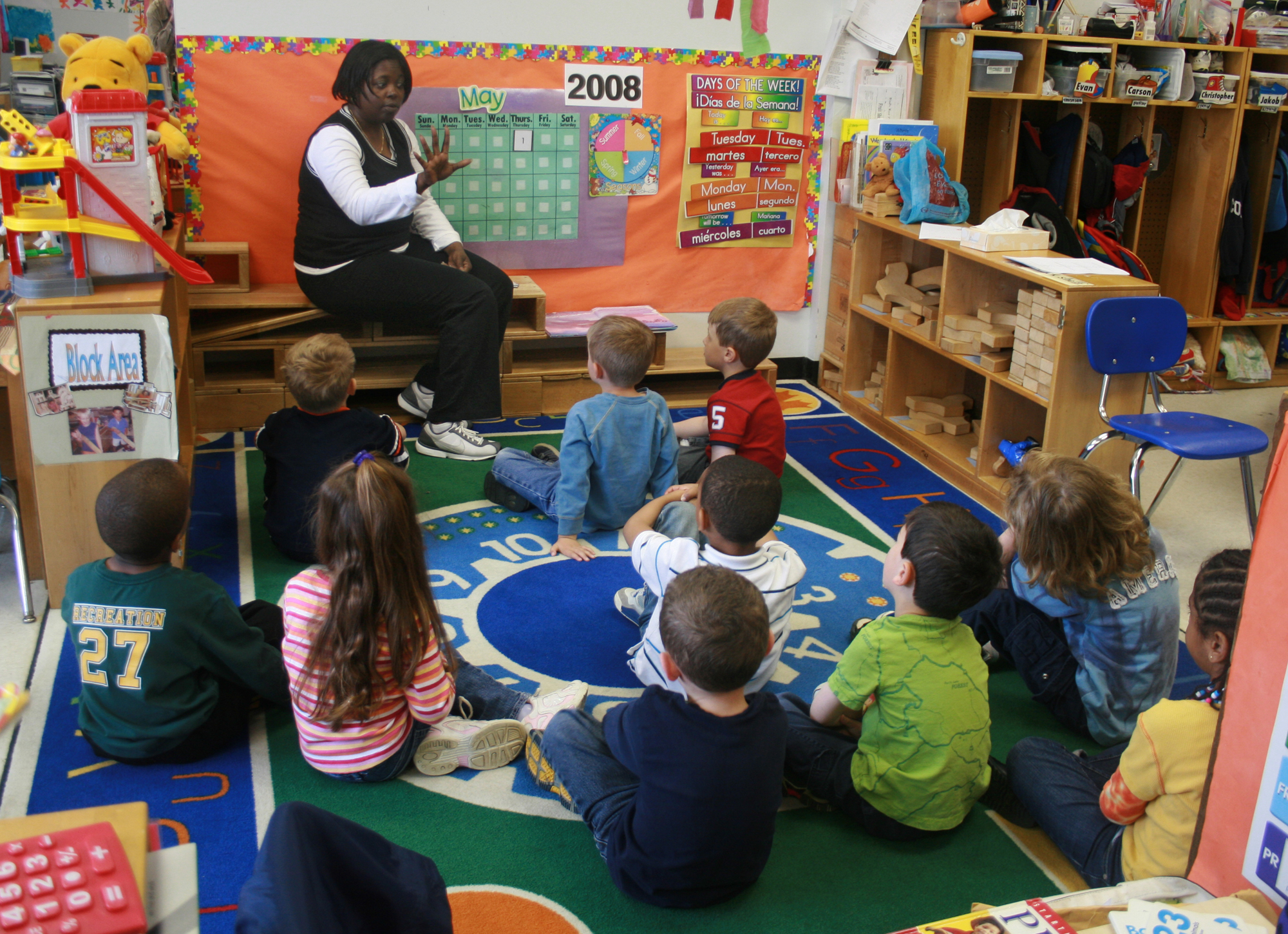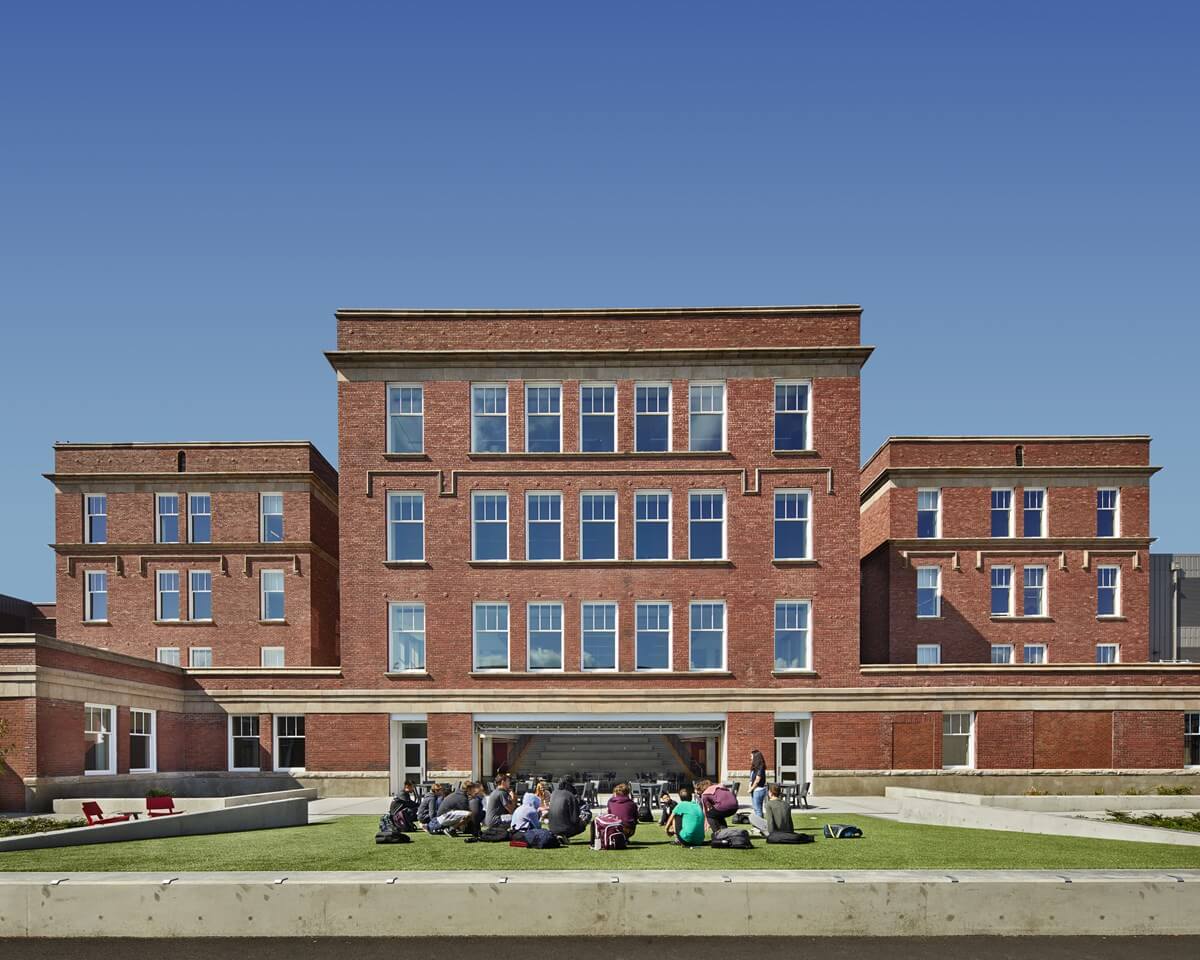How Schools Play a Critical Function in Shaping Future Leaders and Pioneers
By integrating project-based learning and interdisciplinary studies, instructional institutions test trainees to analyze and manufacture complicated info. Educators serve as advisors, directing trainees and nurturing their possibility, while extracurricular activities even more establish leadership abilities and resilience.
Cultivating Essential Believing
In today's rapidly evolving world, fostering essential believing within schools has become paramount. As society grapples with progressively intricate worldwide obstacles, the capacity to examine, assess, and synthesize info is crucial. Institutions play an important duty in establishing these abilities, preparing students to browse and address diverse problems with educated, reasoned choices.
To grow important reasoning, instructors employ numerous instructional techniques that motivate active knowing and intellectual involvement. Class discussions, problem-based knowing, and Socratic questioning are critical in promoting logical and reflective idea procedures. By testing pupils to question presumptions and consider numerous point of views, these approaches ensure a deeper understanding of subject beyond memorizing memorization.
Moreover, integrating crucial thinking across the curriculum strengthens its importance and applicability in diverse contexts. Topics such as mathematics, scientific research, history, and literature each deal distinct possibilities to develop trainees' important professors. As an example, examining historic events requires examining sources and recognizing context, while scientific questions demands strenuous hypothesis testing and evidence-based thinking.
Eventually, instilling vital believing abilities in students outfits them with the cognitive tools necessary for long-lasting knowing and adaptability. It is with this fundamental capability that future leaders will be able to introduce, fix troubles, and add meaningfully to culture.
Motivating Imagination
Embracing creative thinking within academic frameworks galvanizes students to think beyond standard limits and check out ingenious solutions. By incorporating creative ventures and creativity workouts into the educational program, institutions cultivate a setting where originality and imaginative thought are valued. This technique not only enhances the instructional experience however also gears up students with the ability to deal with real-world obstacles in novel methods.
University can cultivate imagination via varied ways such as project-based understanding, interdisciplinary studies, and the incorporation of arts and modern technology. Project-based knowing, as an example, encourages trainees to use their knowledge in functional, frequently collaborative, projects that require innovative analytical skills. Interdisciplinary studies allow pupils to attract connections between various subjects, therefore widening their point of views and improving their creative abilities.
Moreover, supplying students with opportunities to involve with emerging innovations, such as coding and electronic style, better supports their imaginative possibility. These tasks motivate trainees to experiment, stop working, and repeat, which are crucial elements of the creative procedure (Save Temecula Schools). By maintaining an encouraging atmosphere where experimentation is encouraged, schools can ensure that pupils establish the self-confidence to go after ingenious ideas
Fundamentally, nurturing imagination in academic settings is crucial for forming future leaders and trendsetters efficient in addressing intricate worldwide issues with ingenuity.
Promoting Collaboration

Executing group-based knowing components and cooperative jobs allows trainees to experience the characteristics of teamwork firsthand. This not just prepares them for website here the collaborative nature of modern-day workplaces however also nurtures management qualities as they usually need to tackle functions such as task managers or team organizers. Furthermore, cooperation in the classroom can break down social obstacles and advertise inclusivity, guaranteeing that each student feels valued and listened to.
Additionally, incorporating innovation can even more support collaborative efforts. Devices like common interactive systems and electronic workspaces make it possible for students to interact successfully, even outside the class. As pupils develop these joint abilities, they are better outfitted to take on intricate difficulties and innovate, laying the groundwork for their future functions as trendsetters and leaders.
Function of Educators as Coaches

Mentorship entails customized interest, where educators determine and nurture specific strengths and address weak points. Save Temecula Schools. With one-on-one communications, instructors can customize their advice and support to meet each trainee's distinct requirements, cultivating a feeling of confidence and durability. This individualized approach grows a development mindset, urging pupils to check out failings as chances for finding out and development
Furthermore, instructors serve as duty versions, showing the values of integrity, compassion, and willpower. Their activities and perspectives offer a blueprint for students to imitate, instilling a feeling of moral obligation and social recognition. By developing a comprehensive and supportive class setting, educators allow students to develop social skills that are critical for reliable leadership.
Fundamentally, the mentorship provided by educators lays a fundamental framework for the growth of future leaders, outfitting them with the understanding, skills, and worths needed to master an ever-evolving world.
Impact of Extracurricular Tasks
When integrated successfully into the educational structure, extracurricular Related Site activities significantly enhance trainee development and management potential. These tasks provide trainees with chances to explore rate of interests beyond the traditional educational program, cultivating a versatile capability. Clubs, sports teams, and arts programs cultivate crucial qualities such as teamwork, time management, and durability. Involvement in these activities typically calls for pupils to tackle duties, thereby supporting their leadership abilities.
In addition, extracurricular participation encourages imagination and technology. Trainees participated in music, drama, or dispute clubs discover to assume seriously and method problems from diverse point of views. These experiences instill confidence, allowing students to articulate their ideas and take campaign in different settings. By working together with peers from various backgrounds, trainees additionally develop why not try these out compassion and communication skills, important attributes for future leaders.
After-school activities also play a crucial role in academic performance. Research study shows that pupils associated with such programs often tend to have higher qualities and better participation records. These activities provide a healthy electrical outlet for tension, contributing to general wellness. Therefore, colleges that prioritize a balanced approach to education, incorporating robust extracurricular programs, are extra likely to generate innovators and leaders outfitted to meet the challenges of the future.

Final Thought
In conclusion, schools substantially shape future leaders and pioneers by nurturing essential reasoning, creative thinking, and partnership amongst students. By fostering a helpful atmosphere that values individual staminas and synergy, schools furnish students with the needed skills to browse future obstacles and drive technology.
As students create these collective skills, they are better equipped to take on complex challenges and innovate, laying the foundation for their future roles as trendsetters and leaders.
By promoting important thinking and analytical skills, teachers help pupils browse complicated obstacles, preparing them for management functions in various fields.
By teaming up with peers from various backgrounds, trainees also establish compassion and communication skills, important qualities for future leaders.
In verdict, schools substantially shape future leaders and trendsetters by nurturing vital thinking, creative thinking, and collaboration among students. By promoting a helpful setting that values specific strengths and synergy, institutions gear up pupils with the essential skills to browse future challenges and drive advancement.